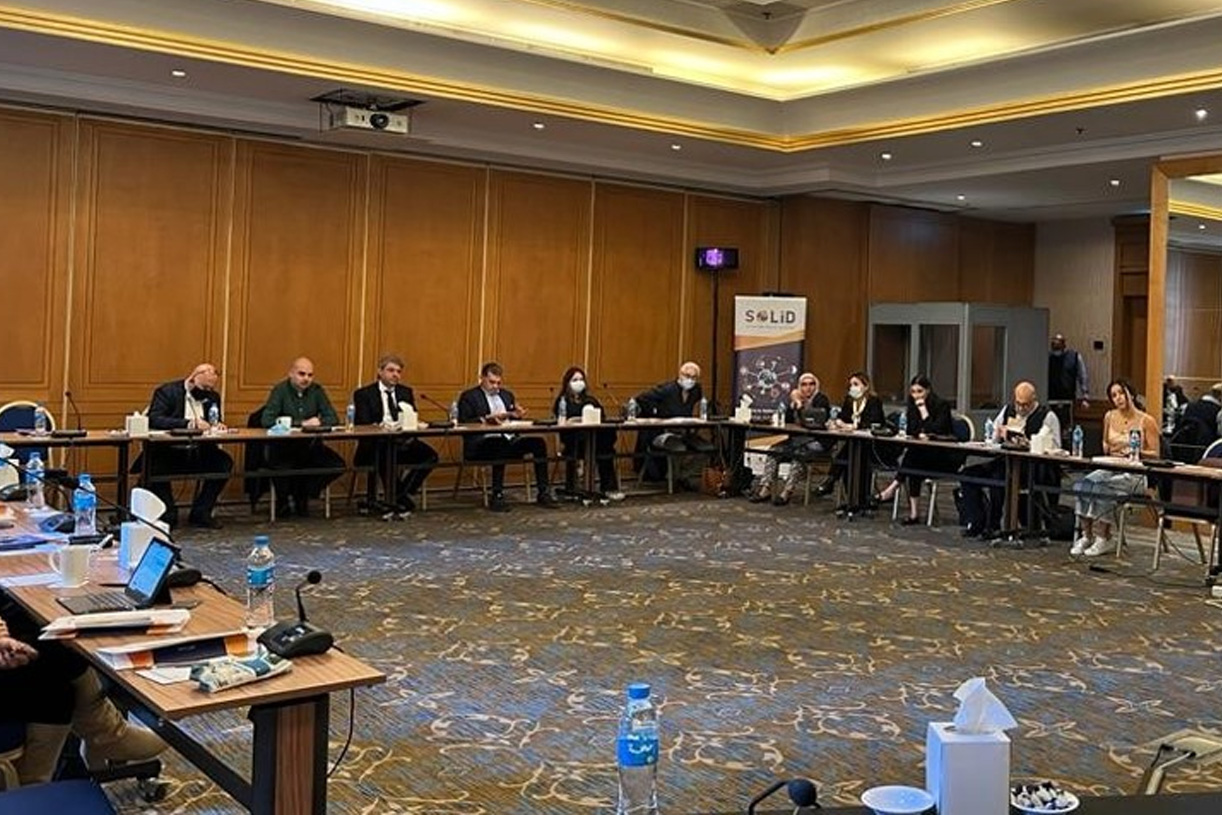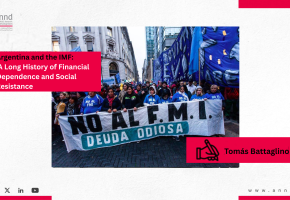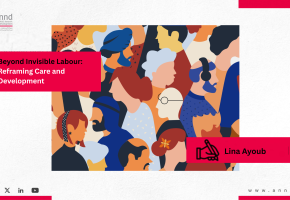
Workshop on "Bilateral Social Dialogue between Civil Society and Employers" within the SOLiD 2 Program
Within the context of SOLiD2 project, “Promoting Social Dialogue in the Southern Mediterranean Neighborhood”, a bipartite workshop between civil society organizations and the private sector was held on November 26th. This one-day extensive workshop gave both parties an opportunity to discuss and debate on specific areas of concern that are of priority to Lebanon amidst the multiple crises. These topics were of four main themes: (1) Inequality and Poverty, (2) Macroeconomic Policies, (3) Decent Work, and (4) Institutional and Political reform. Each theme had its own specialized expert and facilitator. In summary, the dialogue throughout the entire day focused mainly on the social situation of Lebanon that is undergoing a deepening crisis with no finish line in sight. In addition to that, the economic situation of Lebanon was discussed, shedding the light on the main causes and the main tools that should be utilized to try and recover. Within the economic situation comes the need for decent work, and so the possibility of building coherent strategies for decent work was discussed as well. Finally, dealing with the primary concern of Lebanon is the political deadlock and blockage, as well as the breakdown of institutions, which act as the common denominator that hinders any possibility of reform. Each session had its own set of recommendations and reforms that were reached as a consensus between the two multi-stakeholders. Some of the recommendations are the following:
1. The sources of financing social protection should not fall on the productive sectors, but rather be secured from public finances by limiting waste and corruption, and enhancing tax revenues by adopting fair tax policies that contribute to the redistribution of wealth on the one hand and to strengthening and stimulating productive economic sectors.
2. Reconsidering trade agreements to protect and enhance local production within a comprehensive economic vision.
3. Temporary and immediate measures should not come in the way of correcting the existing imbalances that lead to inequality and poverty. This includes improving the primary distribution of income so that the wage share of the national income is raised, given that it is low compared to the share of profits and interests.
4. The key to change in Lebanon is political, hence the necessity for all groups from the private sector, civil society, and unions to participate in political expression, since all the goals of these groups are in terms of change, reform, or in terms of enhancing production and profits, hampered by political obstruction. It is therefore not possible to reach these goals without clear political expression by all groups.
To read more kindly click here.
Recent publications


